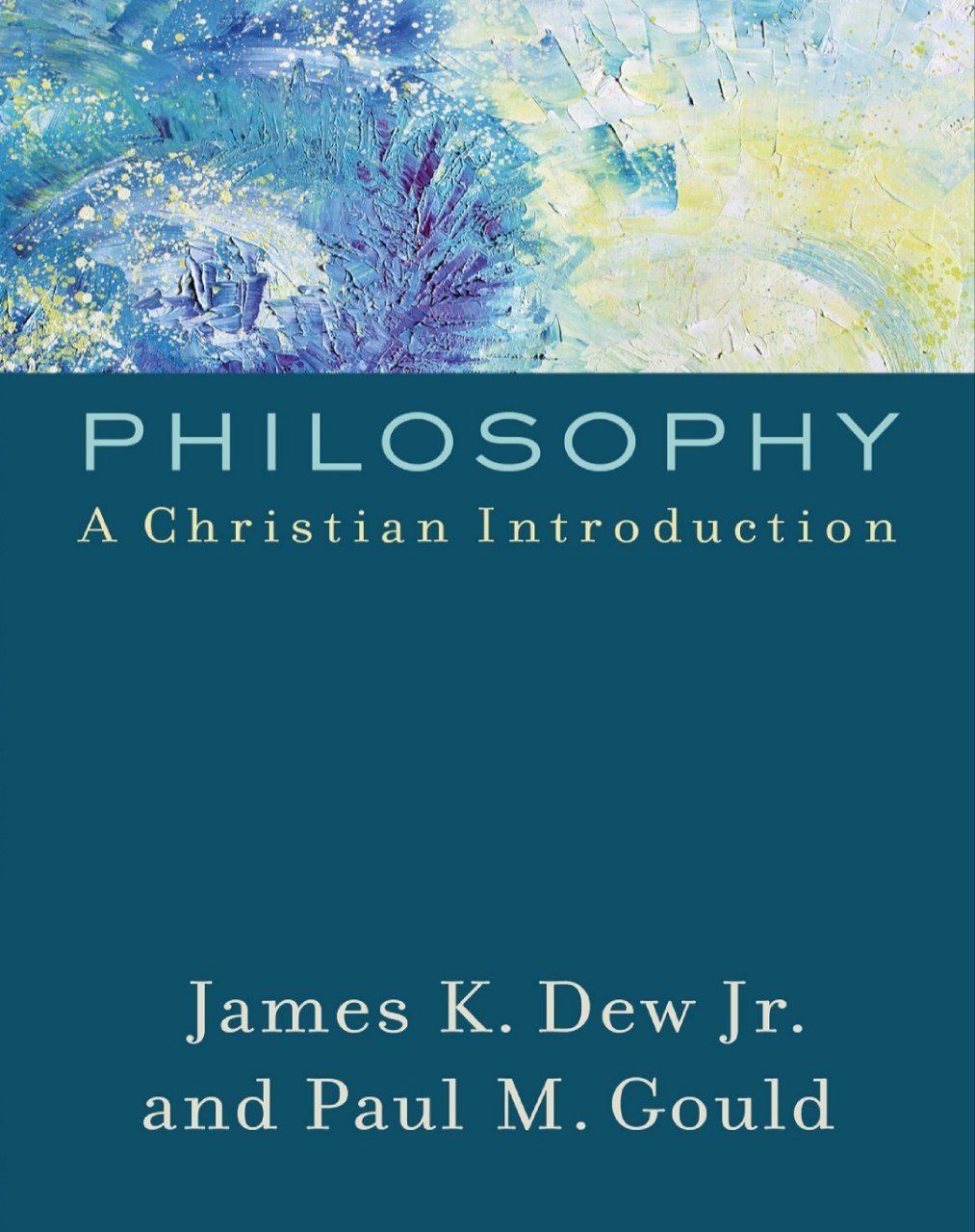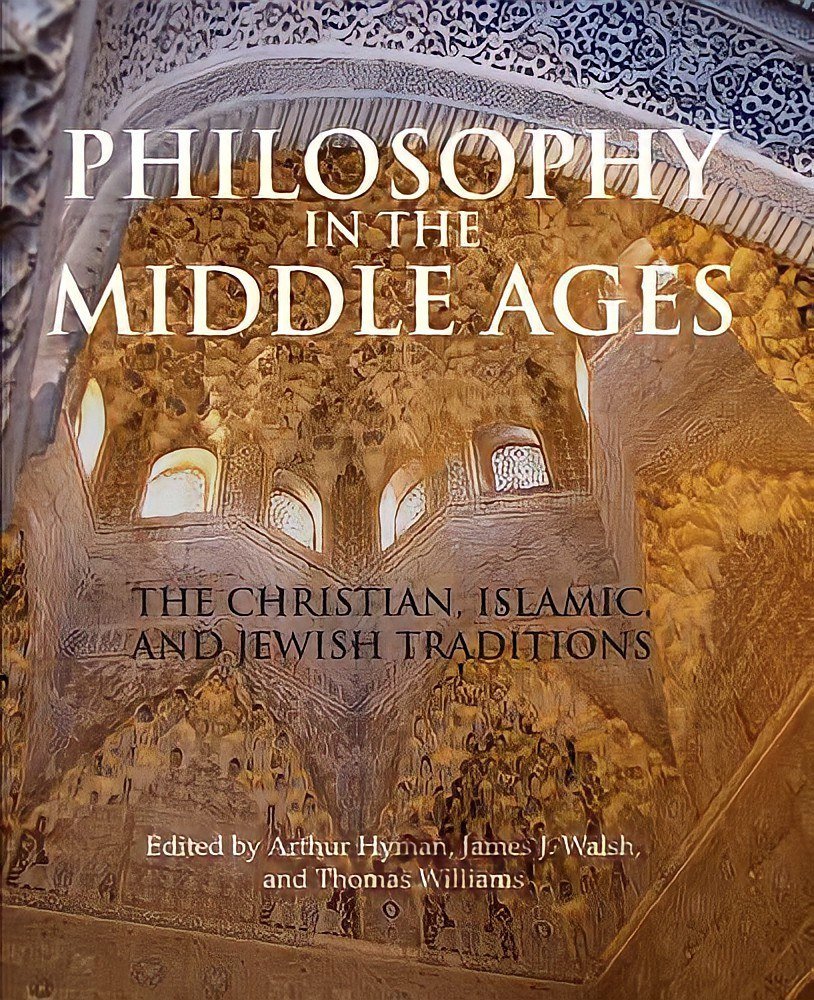

The Muqaddimah: An Introduction to History (Volume 1) by Ibn Khaldūn
Reviews
No review yet. Be the first to review this book!
Description
The Muqaddimah: An Introduction to History (Volume 1) by Ibn Khaldūn, edited by N. J. Dawood, translated by Franz Rosenthal, and with an introduction by Bruce Lawrence, is one of the most significant works in the history of social and historical thought. Ibn Khaldūn, a 14th-century scholar from North Africa, is often regarded as the father of modern sociology, economics, and historiography, and The Muqaddimah remains his most influential work. This work offers a profound analysis of history, society, culture, and the rise and fall of civilizations, providing key insights that have influenced a range of disciplines. Overview of The Muqaddimah The title of the book translates to The Introduction, and this work serves as a prologue to Ibn Khaldūn's larger historical narrative. In The Muqaddimah, Ibn Khaldūn presents his theory of history and society, attempting to explain the processes behind the rise and decline of civilizations. Rather than merely recounting events, his goal is to analyze the underlying laws that govern historical change. Ibn Khaldūn’s writing provides a sociological, economic, and psychological interpretation of history, making it one of the earliest works to introduce scientific approaches to understanding societal development. His approach to history is analytical, seeking to explain not just what happened, but why and how societies evolve over time. Key Themes and Contributions Asabiyyah (Social Cohesion): One of the core concepts in Ibn Khaldūn’s philosophy of history is asabiyyah, or social cohesion, which he identifies as the driving force behind the success of a group or society. According to Ibn Khaldūn, strong social bonds (asabiyyah) within a tribe or community are essential for its growth and the foundation of a strong state. Over time, as societies grow more sophisticated and stratified, this cohesion weakens, leading to social fragmentation, and eventually the decline of the civilization. Asabiyyah is particularly important in the early stages of a dynasty or civilization, but as the civilization becomes more complex and established, internal divisions and the dilution of communal bonds cause the deterioration of the state. The Cycle of Civilizations: Ibn Khaldūn describes the cyclical nature of the rise and fall of dynasties and civilizations. According to him, each civilization follows a cycle: it begins with the establishment of a strong, cohesive group (usually a nomadic tribe), which creates a new state. This group eventually becomes civilized and establishes institutions, but over time it becomes decadent, loses its original cohesion, and is overtaken by a new group with stronger asabiyyah. This cycle is seen as an inevitable process, and Ibn Khaldūn argues that the ultimate decay of power is a natural outcome of social and political forces at work. He emphasizes the importance of renewal and regeneration for maintaining societal strength. Role of Geography and Environment: Ibn Khaldūn believed that geography and environment played an important role in shaping the characteristics of a society. The harshness or bounty of the environment affects the habits and social structures of the people who live there. For instance, people living in desert regions (like the Bedouins) tend to have tougher, more resilient qualities due to their environment, while those in urban centers may develop more luxurious and decadent lifestyles. This environmental determinism is a central theme in his work and provides a framework for understanding why some groups thrive while others decay. Economic Theory and Labor: Ibn Khaldūn’s economic theories are some of the earliest in the Islamic world. He stresses the importance of labor in generating wealth, believing that the economy is rooted in human work and that prosperity depends on the ability to work and produce. He also discusses the relationship between state authority and economic policy, arguing that an overbearing government can lead to the exploitation of resources, causing economic stagnation and decline. Ibn Khaldūn also addresses the taxation system, advocating for moderate taxation to avoid burdening the population, which could lead to social unrest. Historical Methodology: The Muqaddimah is not only a work of history but also a treatise on historical methodology. Ibn Khaldūn is critical of earlier historians, especially those who relied too much on mythology or uncritical acceptance of sources. He emphasizes the need for rigorous analysis, fact-checking, and the evaluation of sources. He stresses that history should be understood in a scientific manner and that historians should be objective, examining the causes and effects of events rather than merely listing occurrences. His work laid the groundwork for the development of historical and sociological science. The Role of the Scholar and the Ruler: Ibn Khaldūn sees the scholar and the ruler as two key figures in shaping history. He argues that a successful ruler must be wise, with a deep understanding of human nature, politics, and society. Scholars, on the other hand, should serve as the advisors who guide the rulers in making decisions that benefit the broader society. This dynamic also shows the complex relationship between political power and knowledge in shaping the destiny of civilizations. Ibn Khaldūn's advocacy for a rational and scholarly approach to governance remains relevant in discussions of politics today. Impact and Legacy Ibn Khaldūn’s Muqaddimah is often seen as the precursor to sociology, and his ideas on social theory, economic behavior, and historical cycles were centuries ahead of their time. His work influenced Western thinkers, including Auguste Comte, Max Weber, and Karl Marx, who incorporated many of his insights into their own work on social structures, historical materialism, and the evolution of societies. Conclusion The Muqaddimah remains a foundational text in the history of philosophy, sociology, economics, and historiography. Ibn Khaldūn's understanding of the interconnectedness of society, culture, and history continues to be influential, providing a framework for understanding the dynamics of civilizations and the forces that drive historical change. This volume, as edited by N. J. Dawood, Franz Rosenthal, and with an introduction by Bruce Lawrence, serves as an invaluable resource for understanding the intellectual legacy of one of the greatest minds of the Islamic Golden Age and his lasting contributions to the understanding of human society.
























.jpg)


.jpg)

.jpeg)

.jpeg)





.jpeg)




.jpg)












.jpeg)

.png)

.jpg)


.jpg)
.jpg)














.jpg)




.jpeg)
.jpg)






















































